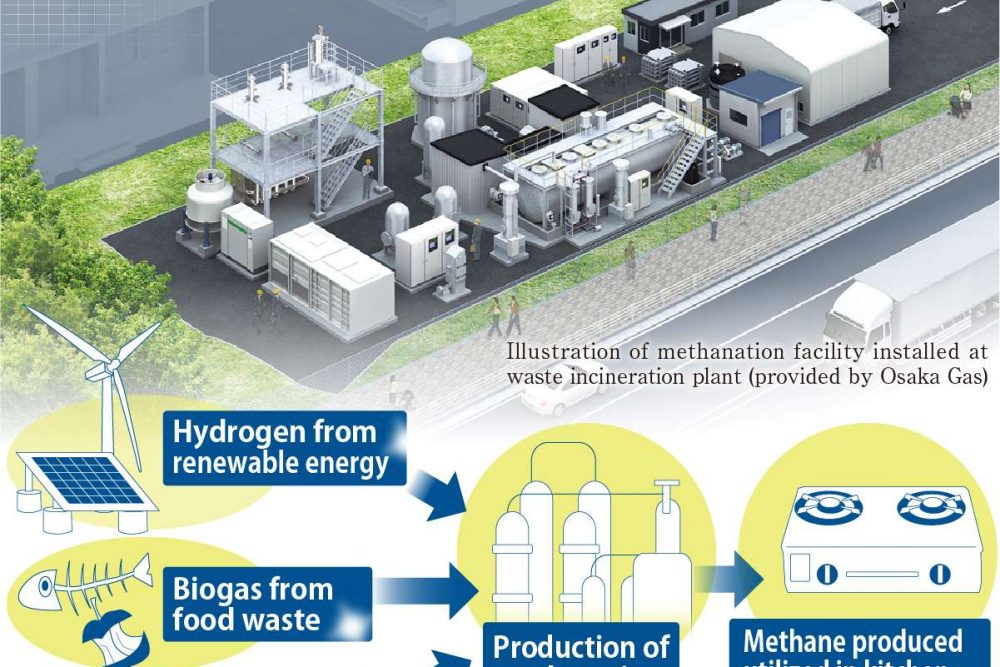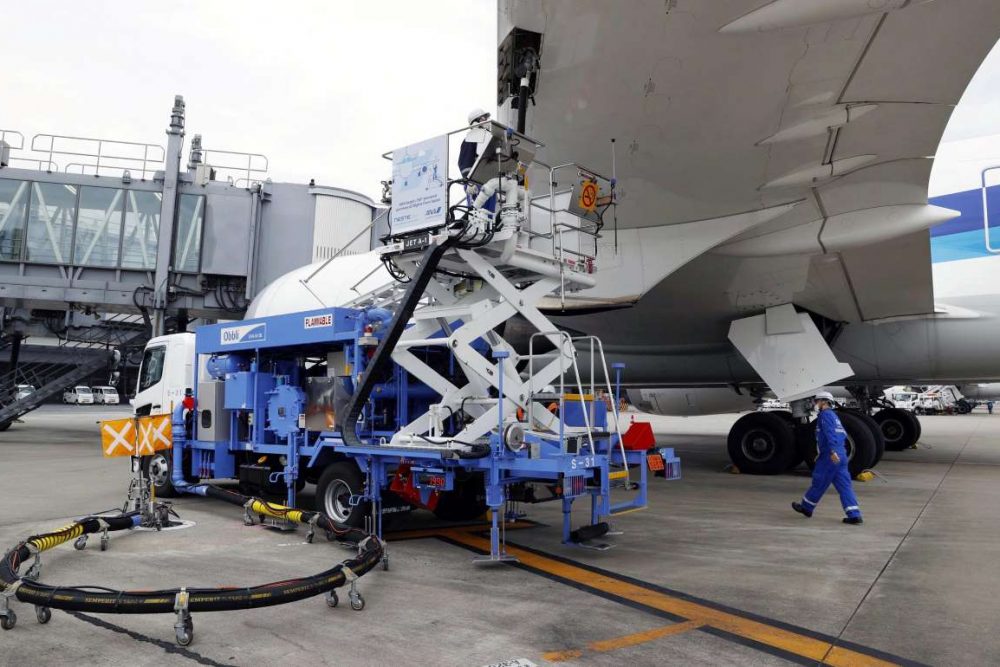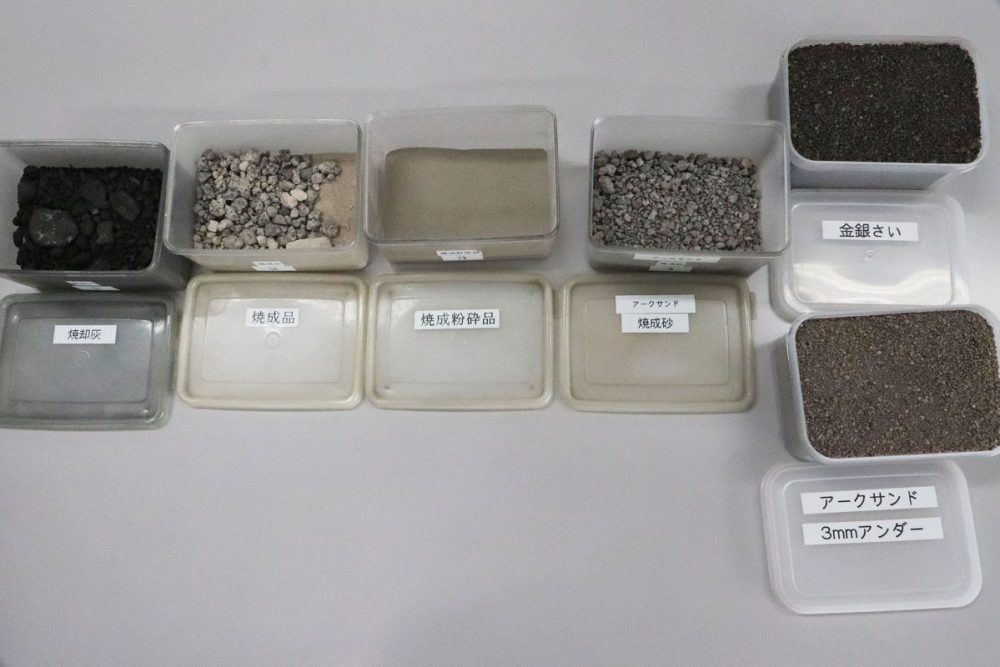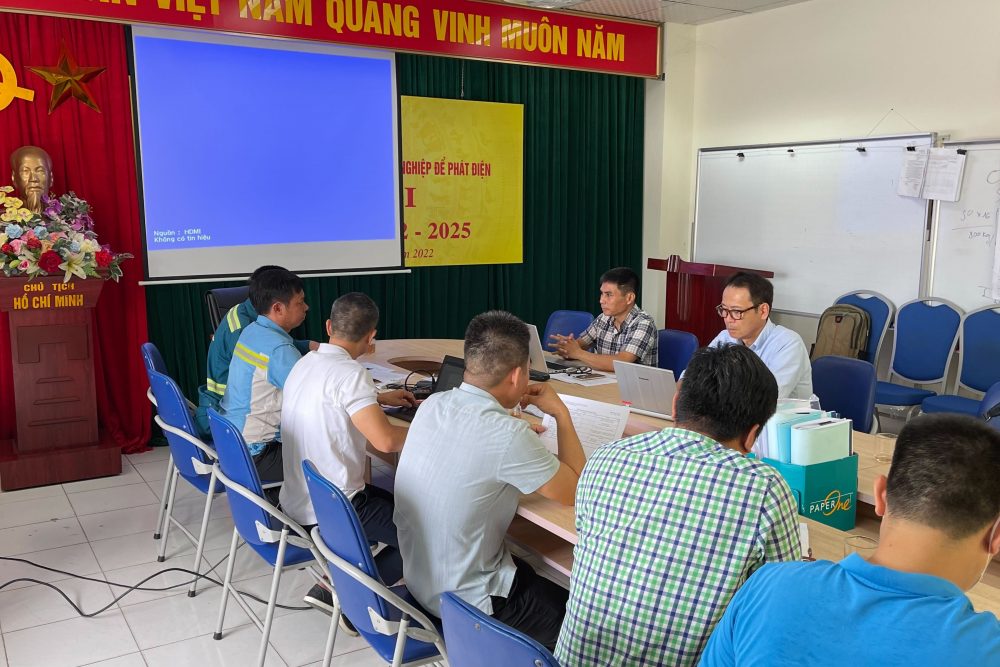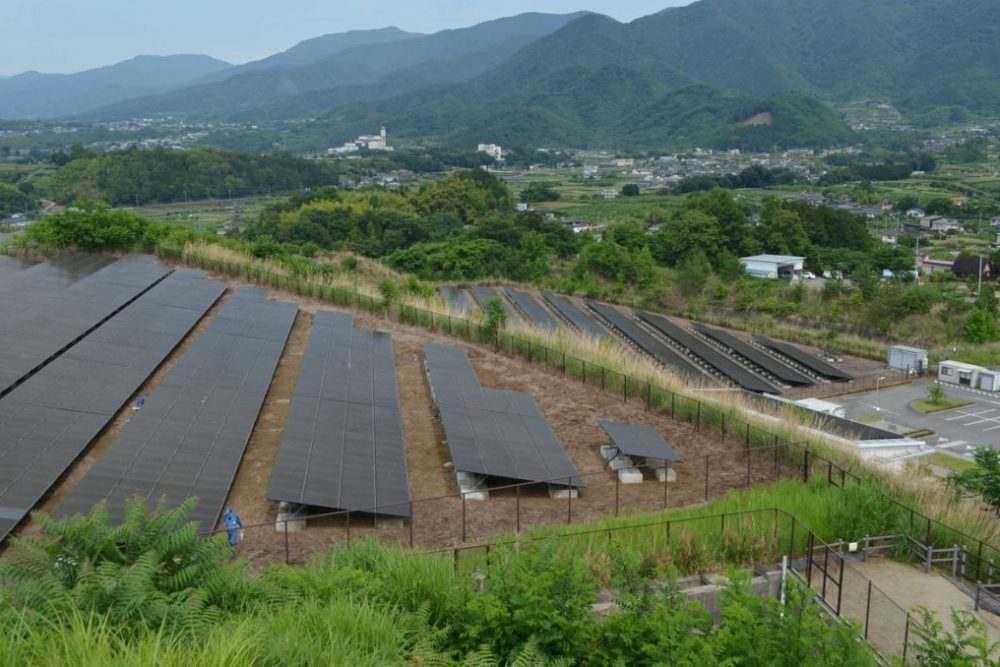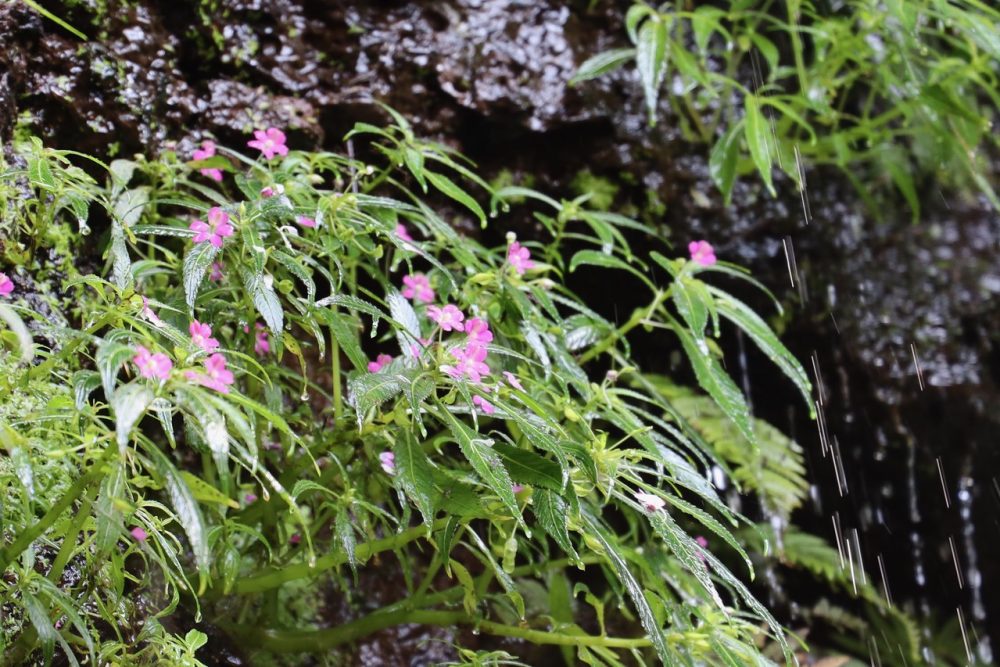World’s First Recycled Diapers: A Product Born in a Town with No Incinerator
Two leading municipalities in recycling in Kagoshima Prefecture have partnered with Unicharm, which will soon launch a recycled adult diaper product.
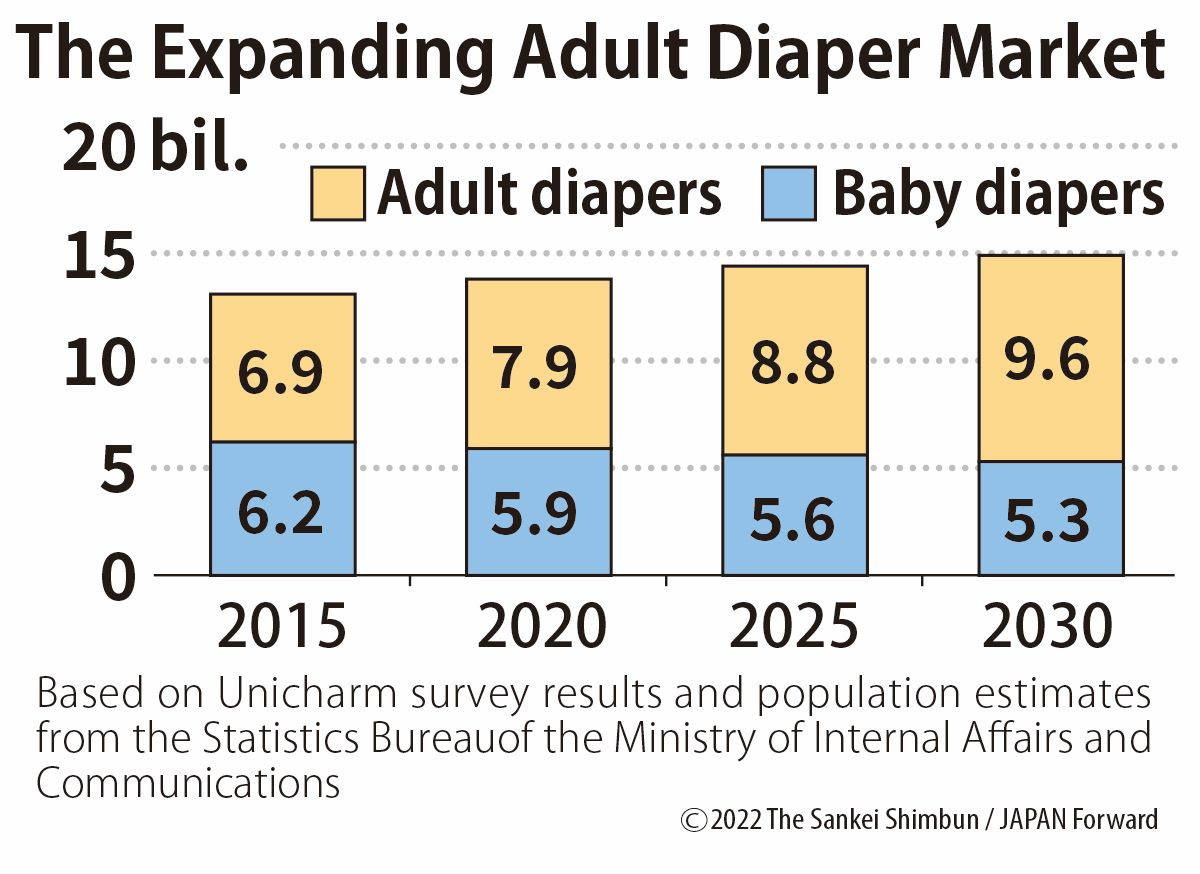
このページを 日本語 で読む
The world’s first attempt to recycle used disposable diapers into new ones is underway in a town in eastern Kagoshima Prefecture. As the number of elderly people requiring nursing care increases, demand for disposable adult diapers is on the rise. The ratio of disposable diapers to total waste emissions is expected to reach the 7% level by 2030.
Tokyo-based Unicharm Corporation, which has concluded agreements with local governments and is conducting trials, aims to produce the world’s first recycled diaper product.
Recycling Towns Partner with Leading Company
The initiative is underway in Shibushi City and Osaki Town in Kagoshima Prefecture. Since the two municipalities do not have incinerators, they built a joint landfill in 1990 to dispose of all their waste.
However, an increase in waste volume meant the landfill, which was expected to last for 15 years, was filling up sooner than expected. So in 1998, the two communities shifted policy toward extending the life of the landfill by promoting recycling.
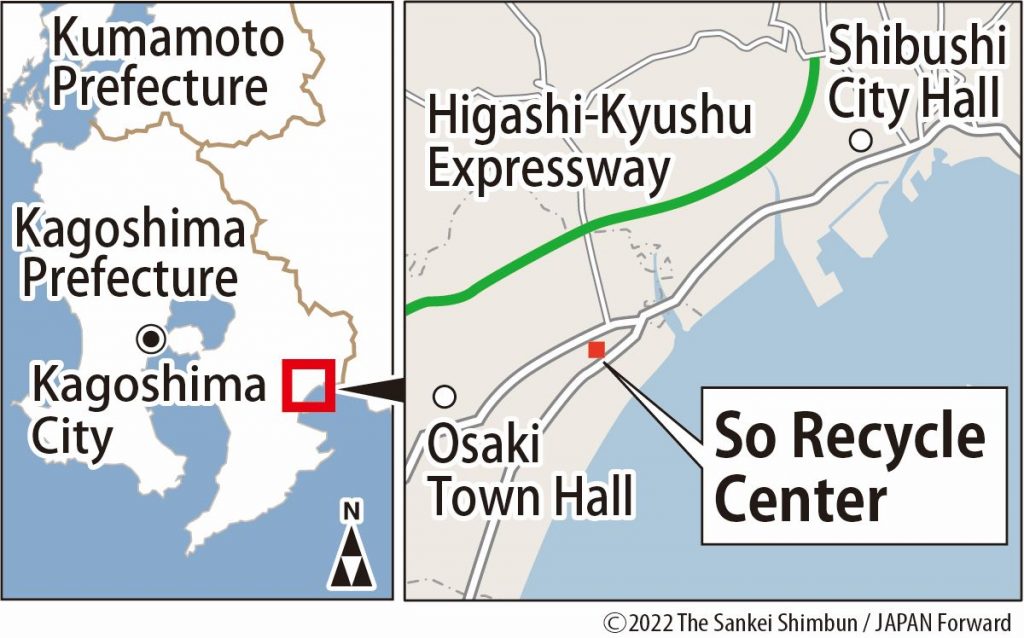
Currently, the two municipalities collect garbage in 27 separate categories, and 25 of these are fully recycled. Osaki Town achieved a recycling rate of 83.1% in 2018, and has been ranked number one in Japan 14 times. Compared to the national average of 20% in 2020, Osaki Town’s figure is overwhelmingly high.
Despite such thorough recycling efforts, the largest volume of any single item that ends up in the landfill is disposable diapers. They account for about 20% of all landfill waste, and are expected to increase further as the population ages.
In 2016, Shibushi City signed an agreement with Unicharm, which had been exploring possibilities for recycling and advancing technology development. Then in 2018, Osaki Town joined the agreement and trials began in the separate collection and recycling of used disposable diapers.
First 'Horizontal' Recycling
Collected used diapers are crushed, washed and materials separated at a demonstration facility located in the So Recycling Center in Osaki Town. The cleaned materials are then treated with ozone to reduce bacteria, bleached, and deodorized. They are then reprocessed into products at a Unicharm facility.
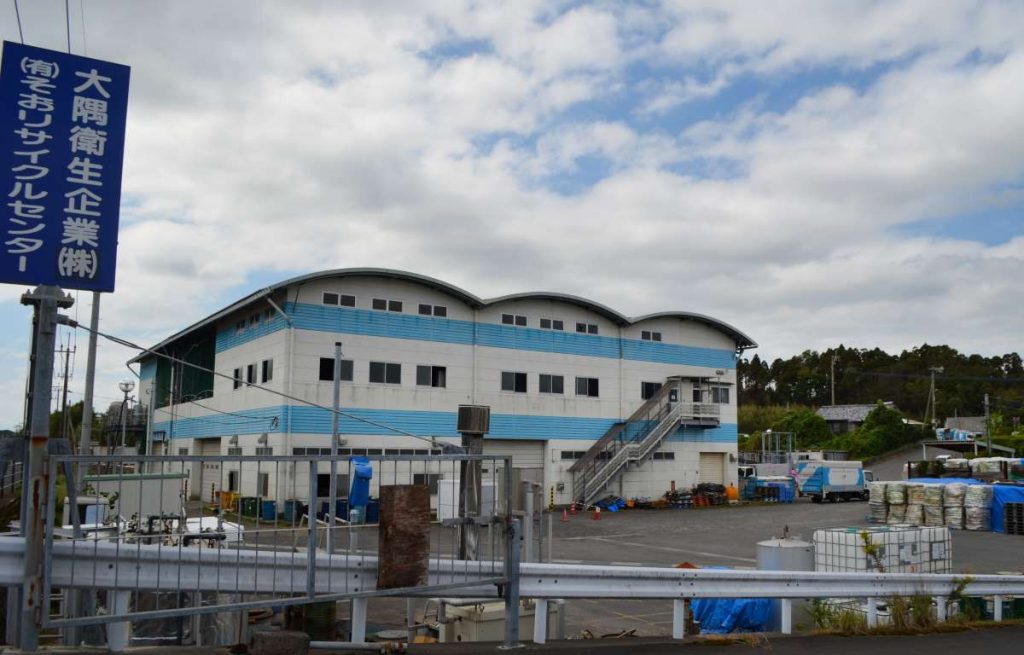
The company’s patented treatment technology ensures the products are hygienic, and that bacteria in the recycled materials is "below the detection limit." The company has also succeeded in recycling superabsorbent polymers (SAP).
The recycled diapers have already been tried and tested at nursing care facilities in Osaki Town and Shibushi City, and the company is now preparing to launch the product.
Although manufacturers around the world are engaged in diaper recycling, this effort represents the first "horizontal recycling" in the world. Diapers are recycled into diapers, instead of being recycled into construction materials, solid fuels, or other materials.
Currently, separating disposable diapers for waste collection is voluntary in Shibushi City and Osaki Town. But Osaki Town could bring its recycling rate up to 95% if the recycling program is implemented full scale.
Shoji Matsumoto, manager of the Osaki Town Resident Division, noted, "As a recycling town, we would like to promote initiatives that will contribute to the world."
Aging Population Brings More Adult Diaper Waste
In 2020, the Ministry of the Environment created guidelines for the recycling of disposable adult diapers in response to their increasing use by Japan's aging population. According to a survey conducted by the Ministry, 24% of local governments responded that they would like to recycle diapers, indicating a growing desire to recycle diapers in order to reduce waste.
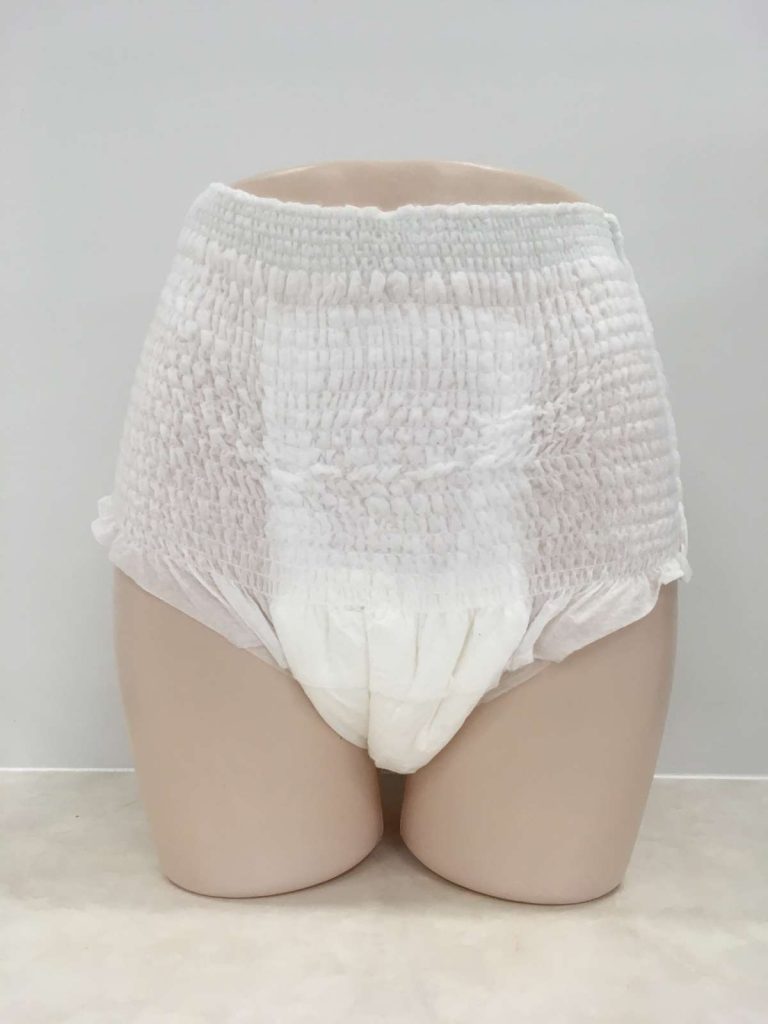
According to Unicharm, the domestic market for baby diapers is shrinking due to the declining birth rate. But, the market for adult diapers is expected to expand from 6.9 billion diapers in 2015 to 9.6 billion in 2030, an increase of 1.4 times.
The Ministry of the Environment estimates that the total volume of disposable diaper waste will fall between 2.45 and 2.61 million tons in 2030, a 20 to 30% increase compared to 2015.
Unicharm has already conducted demonstration experiments in Machida City, Tokyo, on the efficient separate collection of used disposable diapers. The company aims to promote recycling tailored to the specific needs and conditions of various communities.
このページを 日本語 で読む






